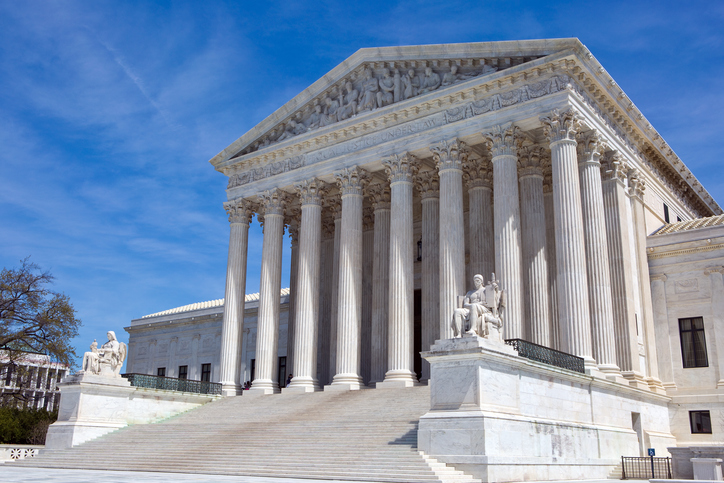June 26, 2018
Putting a Happy Face on an Unfortunate Decision
Edward L. Barrett Jr. Chair of Law, Martin Luther King, Jr. Professor of Law, and Director of Clinical Legal Education at the University of California Davis School of Law

It is, to say the least, regrettable that the Court upheld the Muslim Ban, a policy apparently resting on racism and religious bigotry, with little factual justification, which has harmed many innocent people, and which has and will continue to diminish the standing of the United States in the world. On the other hand, it is possible to read the decision in Trump v. Hawaii itself as a step forward in the Court’s history of restricted judicial review of racist and otherwise discriminatory immigration laws. The Court seems to have drawn a line in the sand that will make President Trump—or at least his advisors—think twice before pursuing bigoted policies.
Importantly, the Court finally overruled Korematsu v. United States, which upheld the World War II exclusion of Japanese Americans from the West Coast, calling it “gravely wrong the day it was decided.” The implication of that action, as well as of the limited judicial review in which the Court engaged, is that the Court would not now uphold the racial and religious discrimination which was a part of our immigration and naturalization policy from 1790 until 1965. This discrimination included such statutes as the Naturalization Act of 1790, which restricted citizenship to “free white persons,” and the Chinese Exclusion Act of 1882 (which operated based on race, not nationality, citizenship, or national origin). The Court upheld Chinese exclusion in such cases as its unanimous Chae Chan Ping v. United States, which recognized the power of Congress to find “the presence of foreigners of a different race in this country, who will not assimilate with us, to be dangerous to its peace and security,” and expel them at its pleasure.
To be sure, the Court’s testing for a facially neutral and bona fide reason was limited. However, the tone of the opinion clearly suggested that the kinds of rationales upheld in earlier cases would be unsatisfactory. In the 1950s, Justice Frankfurter concluded that the Court must defer to Congress when its immigration policies were based on “racial theories,” anti-Semitism, anti-Catholicism, or xenophobia, “even though such determinations may be deemed to offend American traditions and may, as has been the case, jeopardize peace.” It appears that it would have been insufficient for this Court to muster “evidence,” a la, say, Pat Buchanan, that could support a conclusion that Muslims were in fact undesirable, or that Christians were more assimilable or suited to U.S. society. Justice Frankfurter’s understanding of the limits of judicial review is apparently no longer the law.
In addition, while the Court engaged in what it said was rational basis review, there was serious examination of the classification. The Court, for example, noted that the ban applied to countries with less than 10% of the world’s Muslim population, and that all of the countries targeted by the ban had been deemed security threats by Congress or prior administrations. In other rational basis cases, the Court has said that a classification would be upheld if any reasonably conceivable state of facts could support it. That was not the majority’s approach here. There was some testing for pretext.
Nevertheless, at the end of the day, the Court upheld a policy with a disparate impact on Muslims, even though there was substantial evidence of bias on the part of the President. Obviously, therefore, Trump v. Hawaii leaves room for the survival of facially neutral, invidiously motivated policies. People inclined to discriminate have always had the opportunity to disguise their motives, a problem with a wide variety of causes independent of this case, not least of which are that our Constitution provides for minority rule, and that minority of the People elected a bigoted president. But Trump v. Hawaii also creates a clear risk for leaders who pursue discriminatory immigration policies for political reasons. At some point, they will be invalidated.
Gabriel J. Chin is Edward L. Barrett Jr. Chair and Martin Luther King Jr. Professor of Law at the UC Davis School of Law. He participated in the case as amicus curiae.




